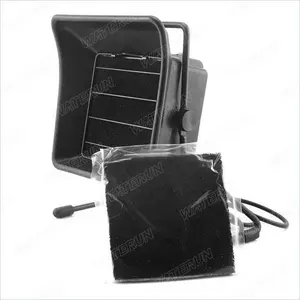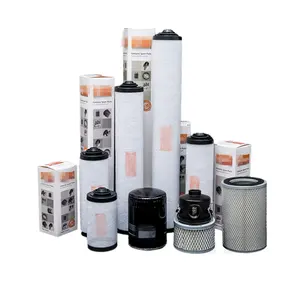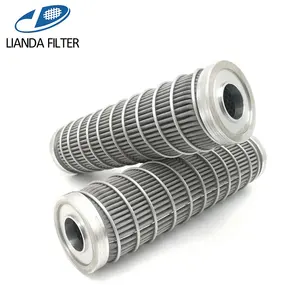Understanding Black Smoke Filters
Black smoke filters are essential components in mitigating air pollution caused by particulate emissions. These filters are designed to capture and reduce the soot particles that contribute to the visible black smoke often seen emanating from diesel engines. They play a crucial role in maintaining air quality standards in various environments, from industrial settings to urban landscapes.
Types and Applications
The range of black smoke filters includes several types, each tailored for specific applications. For instance, dpf black smoke filters are commonly used in diesel particulate filter systems to curb emissions from vehicles. In contrast, other variants are suited for stationary sources like generators and heavy machinery. These filters find their place in sectors such as hospitality and retail, ensuring that hotels, restaurants, and supermarkets maintain a clean and safe atmosphere for patrons and staff alike.
Features and Materials
A black smoke filter's efficacy is largely determined by its features and the materials used in its construction. Advanced filters may incorporate multi-layered structures, with materials ranging from specialized fibres to ceramic composites. These materials are selected for their durability and filtration efficiency, capable of withstanding high temperatures and harsh operating conditions. The design of these filters often facilitates ease of maintenance, an essential factor for continuous operation.
Advantages of Black Smoke Filters
The primary advantage of utilizing a black smoke filter is the significant reduction of air pollutants. By trapping particulates, these filters not only protect the environment but also contribute to public health by improving air quality. Additionally, they help businesses comply with environmental regulations, preventing the release of blocked dpf black smoke into the atmosphere. Another benefit is the potential extension of machinery life, as cleaner exhaust systems often result in reduced wear and tear.
Choosing the Right Filter
Selecting the appropriate black smoke filter requires an understanding of the specific needs of the application. Factors such as the volume of exhaust, the nature of the particulates, and the required filtration level must be considered. For vehicles experiencing dpf removal black smoke issues, a robust filter designed for high-efficiency particulate arrest is necessary. In contrast, environments with lighter particulate matter may require a different approach.
Maintenance and Sustainability
Maintaining black smoke filters is crucial for their continued effectiveness. Regular checks and cleaning are recommended to prevent the occurrence of blocked dpf black smoke, which can lead to reduced performance and potential system damage. Sustainability also plays a role in the design of these filters, with many manufacturers focusing on creating products that are not only effective but also environmentally friendly, contributing to a greener future.







































 浙公网安备 33010002000092号
浙公网安备 33010002000092号 浙B2-20120091-4
浙B2-20120091-4